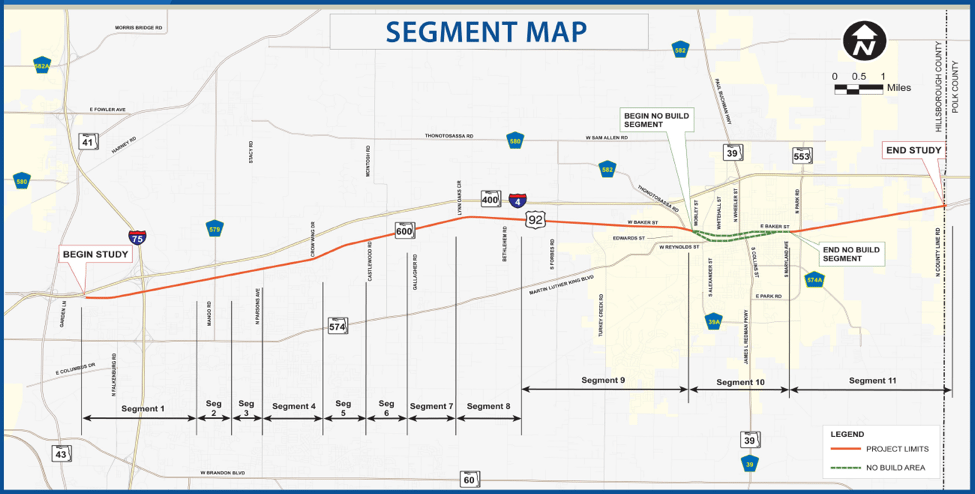
Governmental entities, such as the Florida Department of Transportation (“FDOT”), are sometimes forced to take people’s land for the public good via Eminent Domain proceedings. These proceedings generally start with an announcement by the governmental entity publicizing that it will be taking particular pieces of property.
This announcement creates the opportunity for a hidden form of compensation—Condemnation Blight.
What is Condemnation Blight?
“Condemnation Blight” refers to the widespread devaluation of properties which occurs because of the governmental entity’s taking announcement. When the governmental entity announces that it will be taking a specific property prior to the actual taking, the owner’s economic use of the property is restricted and the property’s value goes down.
When it comes to selling the property, the number of prospective purchasers is greatly reduced, and the prices they would be willing to pay for the property are much lower. When it comes to renting the property, the property could only be rented temporarily until the taking occurs. The time between when a project is announced and the taking occurs can, and often does, take years.
This time is riddled with uncertainty and frustration for the property owner. This looming threat of a taking handcuffs the property owner, removing his or her ability to make the most advantageous use of the property.
The Courts on Condemnation Blight
It is simply unfair for the governmental agency to announce a public project and thereby benefit from the self-caused depreciated property values. Because of that, the courts have held that compensation is to be based on the fair market value of the property should the property not be subject to the condemnation—the value of the property if it had not been subjected to Condemnation Blight. Dade County v. Still, 377 So.2d 689 (Fla. 1979); State Road Dept. v. Chicone, 158 So.2d 753 (Fla. 163).
A good illustration of this situation arises when the FDOT announces a road-widening project. These projects, especially those affecting long spans of road, can take years to complete. Even more importantly, it can take the FDOT years to take the property after the project has been announced.
The FDOT may try to value property at the time of its taking. The FDOT’s announcement of the project depreciated the property’s value, making this valuation method improper—the property must be valued as if the project had not been announced.
This is one of the many potential loopholes that a governmental entity, such as the FDOT, may employ in an attempt to undervalue properties. Experienced representation in Eminent Domain is a must-have in order to adequately navigate these proceedings and recover the fair compensation due to the property owner.
Learn More with Peterson & Myers
Contact us to discuss your rights in your Eminent Domain case. Make sure to join us on June 20, 2017 in our Lakeland office for Deborah Ruster’s presentation about the FDOT’s newest project, the widening of US-92/SR-600 from west of I-75 in Hillsborough County all the way to east of Wabash Avenue in Polk County.
